Electric car sales are surging. And I am one of the drivers to take the plug-in plunge. Out went a petrol-powered Mini Clubman Cooper and in came a BMW i3 as the family’s daily runaround. My wife almost shed a tear at the loss of her beloved Clubman, but the moment she stepped from the i3 after her first drive, she was an electric car convert.
You’ll hear similar stories wherever you go, from the school gates to family get-togethers, drinks with friends to small talk at work. The ‘carbon configuration’ of the market is changing. In Britain, one in four new cars sold in October was plug-in – hybrid or electric – while sales of diesels fell by 60 per cent to a little over 10 per cent of the market. Petrol car sales, which still account for more than half the market, fell 26 per cent.

Month by month, the product choice in the electrified part of the car market is improving greatly. The charging infrastructure is expanding. And word is spreading that, guess what, barely anyone that’s made the switch misses their old petrol or diesel burner.
We still own an old, Euro 5 diesel estate car. It steps in as the family bus when all five of us are aboard and we need to travel further afield, and with a lot more luggage, than the BMW i3 can accommodate. And my modern-classic toys are safely tucked away in the garage. But the i3 is here to stay, with four years of monthly payments ahead of me.
From a technical perspective, not to mention from an efficiency and environmental standpoint, it’s an interesting car that satisfied the selection criteria floating around in my head – criteria many car enthusiasts will share, namely ‘It must not be boring’. But the journey I have been on highlighted some frustrations that nobody seems to tell you about before you make the switch.
So here’s what I wished I’d known before taking the plunge. If you’ve got experiences to add to this lot, drop them into the comments below, so others can gain a better understanding of switching to an electric car.
You won’t save any money, unless…
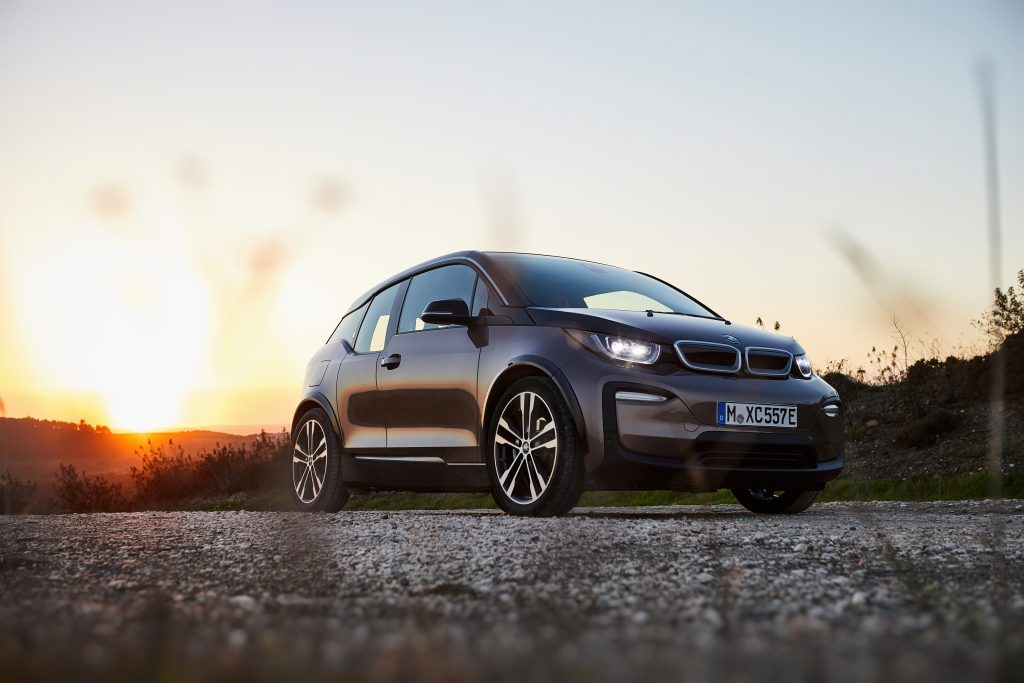
Think you’ll save money? Think again, friend. There are costs lurking in the shadows, waiting to spring out at you like Cato coming at Clouseau from the wardrobe, with an iron.
The biggest one of these is the cost of installing a charging point for your car at home. I ended up with a bill for nearly £950. That’s the same as a year’s worth of petrol costs for our old Mini Clubman Cooper.
Then there’s the cost of the car itself. The i3 is a more expensive car than the more practical Clubman Cooper we used to run – hey, that’s the price you pay for a carbonfibre concept car turned production reality – so the monthly finance sum is more. At the time of writing, Mini was offering a new Clubman Cooper for £320 a month and a £2000 deposit, over 48 months and 8000 miles a year, through a Personal Contract Purchase. An i3, on the other hand, needs a £4559 deposit and costs £349 per month.
So, by going electric like me you could be out of pocket to the tune of almost £5000, assuming you pay for the car in the same way – using finance, the way most people now buy cars. I’m not alone in drawing such conclusions; Auto Trader recently sounded a warning to the government about the situation.
Unless… unless you’re a company car driver looking to pay as little Benefit-in-Kind tax as possible, in which case the one per cent rate currently in place (two per cent from April 2022) makes it most attractive.
The moral? You’ve really got to be emotionally invested to justify such a switch.
You missed the best grants
Sorry chum, the grants were withdrawn from the market years ago, doubtless after one too many headlines in the press about how they were being handed out to buyers of expensive, luxury and sports-type cars. And to add insult to injury, without notice to consumers or the car industry, on 14 June the government announced it was ending grants altogether.
There used to be a government grant of £4500 (up to 20 per cent of the purchase price) but in early 2019 it was reduced, falling to £3500, then £3000 and then £2500. Now the government has withdrawn it entirely, saying is ‘refocusing funding towards the main barriers to the EV transition, including public charging and supporting the purchase of other road vehicles [vans and HGVs] where the switch to electric requires further development.’
Meanwhile, the grant that contributes to the cost of installing an electric car charger at home has been slashed. It was £500, a significant sum that could almost cover all the costs. It’s now £350, which won’t go all that far when ordering a 7kW or 22kW fast charger for home use – in my case leaving me with a chunky £943 (including VAT) to settle for a Zappi 7kW smart charger. Ouch.
You can’t have the options you want
Ah, the thrill of speccing a new car. Comparing paint colours; being bold with the interior theme; switching the alloy wheels; upgrading the audio system; adding a bunch of driver aids to keep all aboard safe. As if!
You’ll do all this using the fancy online configurator, send the link to the sales person, await their reaction and compliments about the tasteful spec you’ve chosen, only to be told you can’t have any of that stuff if you want the government grant.
That’s because the grant threshold of £35,000 is applied to the price of the car including options. And let’s face it, when the government offers to hand you £2500 after a lifetime of taking your money away, you bite its hand off.
The only options I could have, then, were a ‘parking pack’, blue seat belts and tinted rear windows. The blue belts and tints don’t do it for me, so I was able to have just a single option I’d originally wanted.
Choosing a wallbox supplier is a minefield
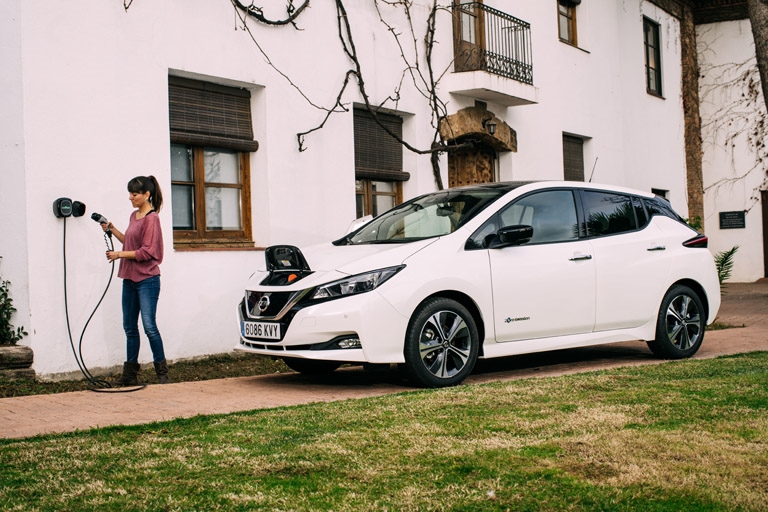
There are myriad manufacturers and installers of electric charging stations for your home. Picking one is a minefield. The big-name providers get mixed reviews on platforms such as Trustpilot and Google Reviews. The smaller-name providers – well, that’s the thing, you’ve never heard of them and they’re indistinguishable in amongst the sea of Google ads and search results.
In the end I went with word of mouth, after an uncle also living in the same county had a good experience, and the company’s Trustpilot reviews were impressive. When searching, make sure any installer is certified and registered to handle the Office for Zero Emission Vehicles (OZEV) wallbox grant process.
You can’t just put a wallbox where you please
If your fuse board is at one end of the house and your parking area or garage is at the extreme opposite, you could face the situation where you’d have to lift the floor throughout the property to route the power supply cable, which isn’t economical. I encountered that exact problem at our last house. That’s why you’d be well advised to begin by having a free site survey conducted, by a reputable and approved wallbox installer. And remember to think about the position of any EV’s charging port – and how this may have a bearing on the position of the wallbox.
Read the handbook or charge at glacial speeds
Because I am vaguely in tune with the i3, having reviewed several in the past, at the end of the first charging session I spotted that it was only juicing at half the speed it was supposed to when using our 7kW wallbox. Can you imagine how many other motorists wouldn’t notice? That’s because the car’s default setting is 3.6kW, when first charged. This, presumably, is BMW’s way of preventing homeowners from overloading the home’s wiring and burning their home to the ground. You have to dive into the vehicle menus, using the car’s iDrive system, to change the default setting so that the onboard, 11kW charger accepts 7kW.
Off-peak electricity is off-limits
Have you heard about ‘time of use tariffs’? These are the Holy Grail of living with an electric car, because they offer a regular peak rate charge during the day, and a discounted rate overnight when demand is typically low (‘For how much longer with all these EVs?’ I hear you say…). In the case of my supplier, it’s 20.27 p/kWh at peak, and 4.67p/kWh off-peak.
I wish I’d known about the intricacies of this before taking the plunge, because my energy provider says I’m not eligible for its EV Tariff, either because I don’t have the latest generation smart meter at the property, or they won’t install one for me. Other suppliers say the same. So I’m stuck at peak prices.
There are free charging points. FREE!
Yes, it’s true. Some of my local villages, in Kent, have Tesla ‘destination’ chargers at public car parks. I plugged in the i3 and it started charging, free of, er, charge. Some supermarkets also offer free charging locations. Seek them out and suck every last drop of juice out of them.
There’s an app, or ten, for that
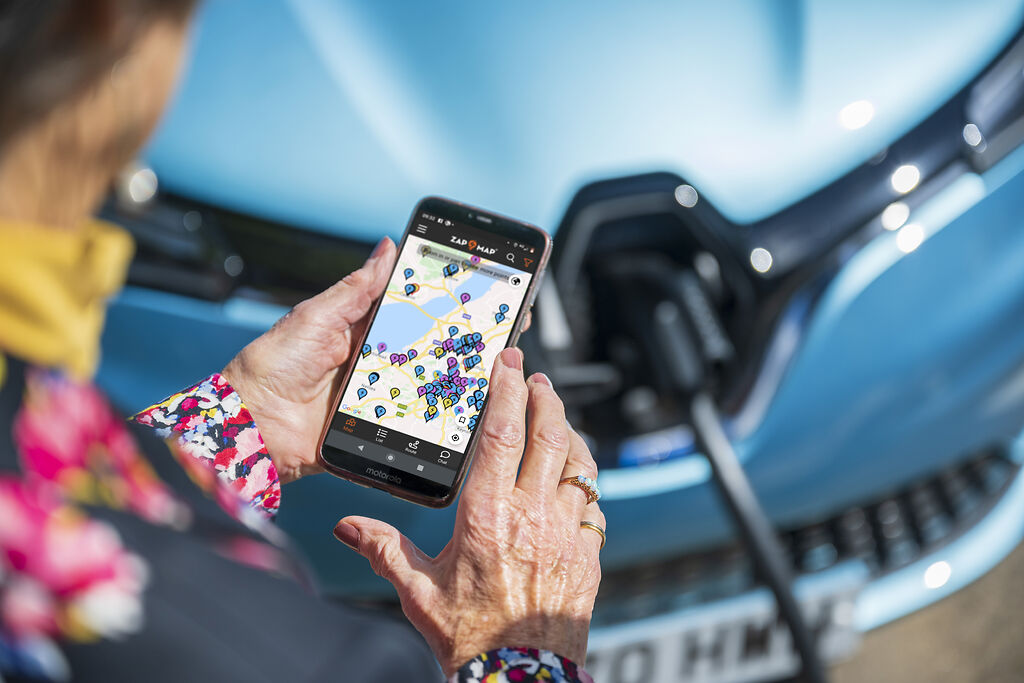
Apps will be your new best friend should you need to plan a journey or charge on the hoof. However, these will consume space on the smartphone that is far more basic than your children’s because you paid it off ages ago and don’t want a cost-upgrade thank you very much. Before you know it you’ll be sorting through years of stored videos, photos, music, voice memos, apps and more to free up space, only to fill it with apps that fill up the memory again. All in the name of driving an electric car.
You will be swamped with jargon
You already knew this, right? If you read any brochure for an electric car you will have been flattened by the jargon juggernaut. So I’ll do you a favour and steer clear here – just don’t say I didn’t warn you.
Got advice for fellow drivers contemplating switching to an electric car? Share it in the comments, below.
Read more
Convert a classic to electric? It’s assault and battery
Voltswagens: 10 electric classic car conversions
Is this electric Porsche 911 by Everrati a sinner or saviour?


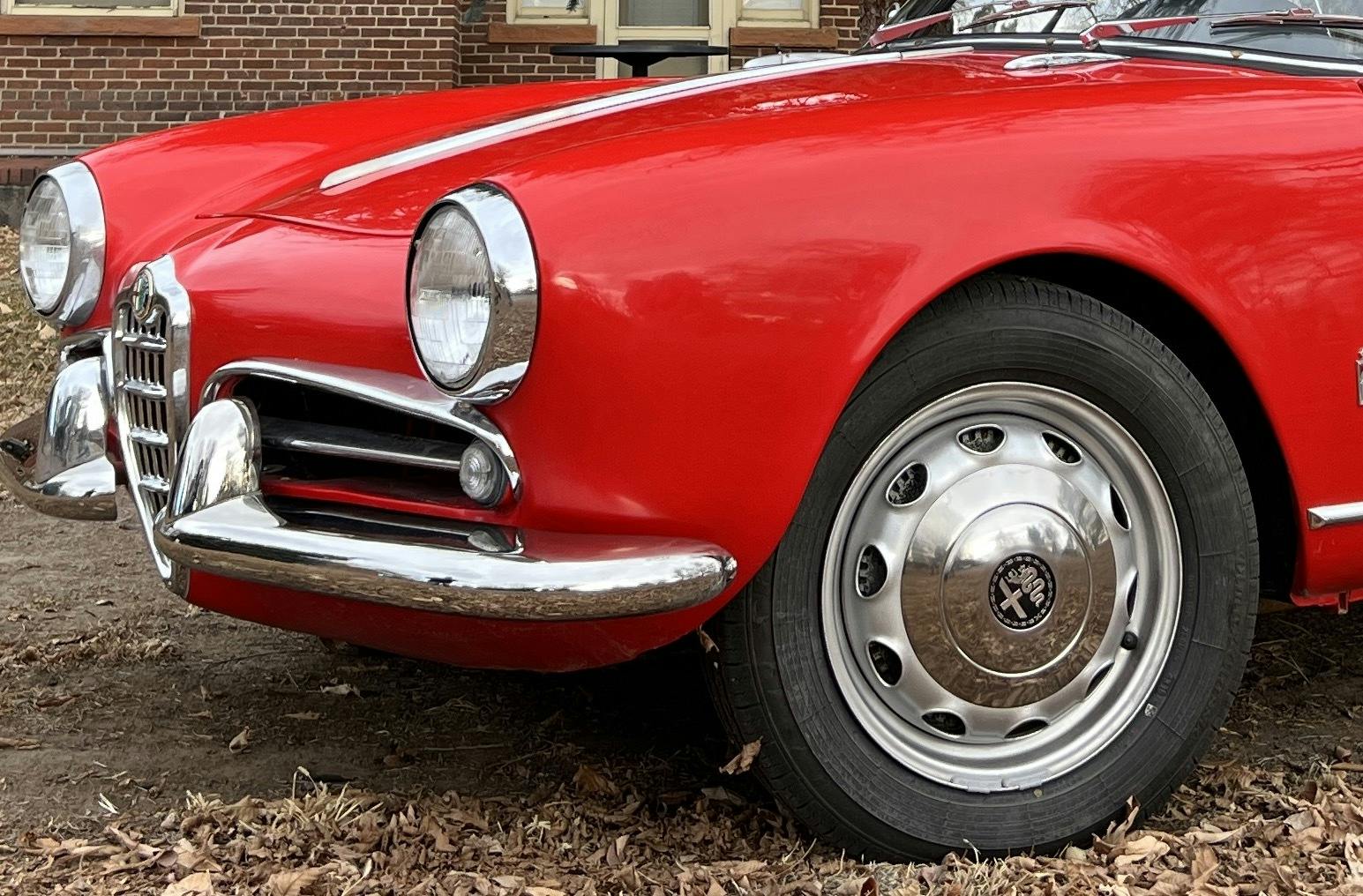
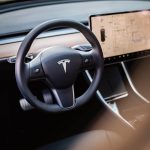


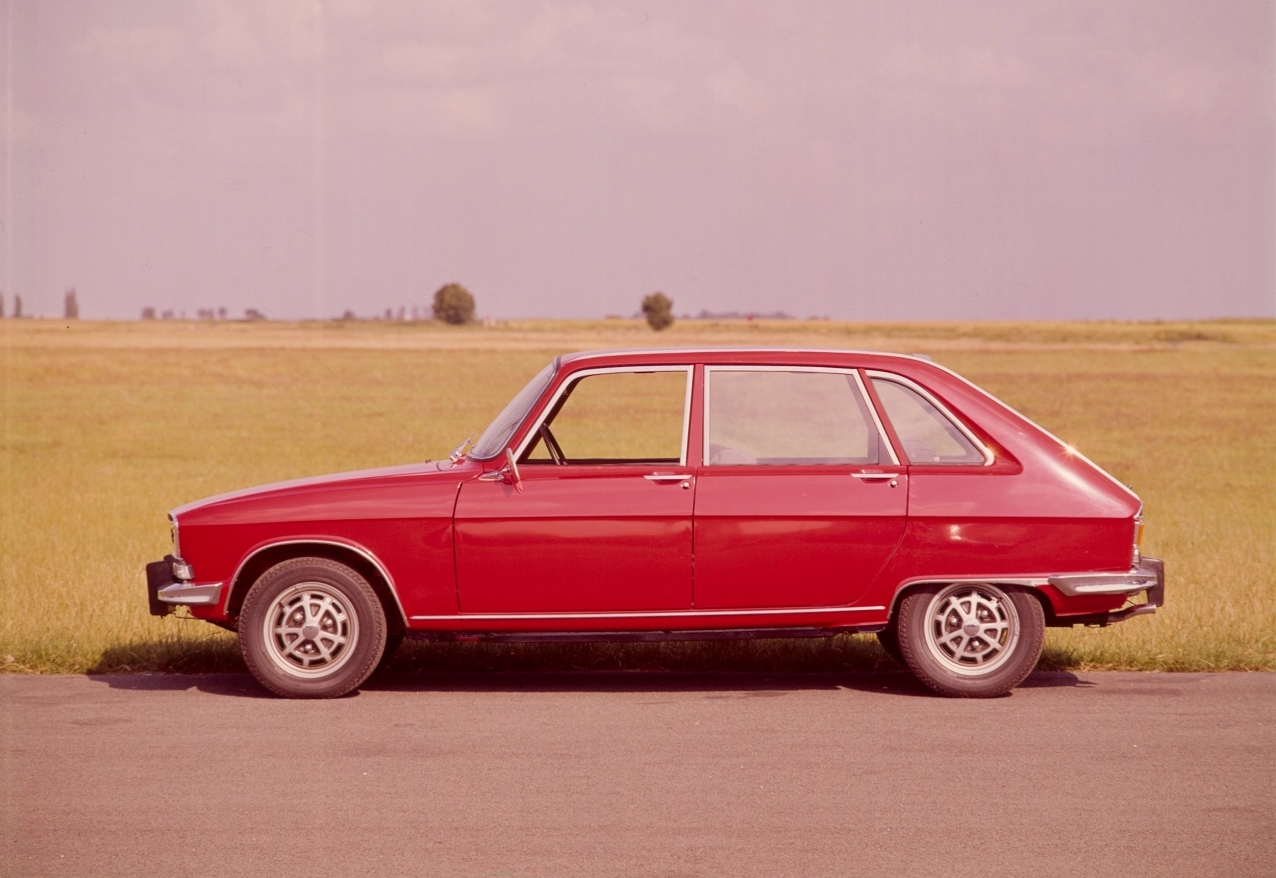
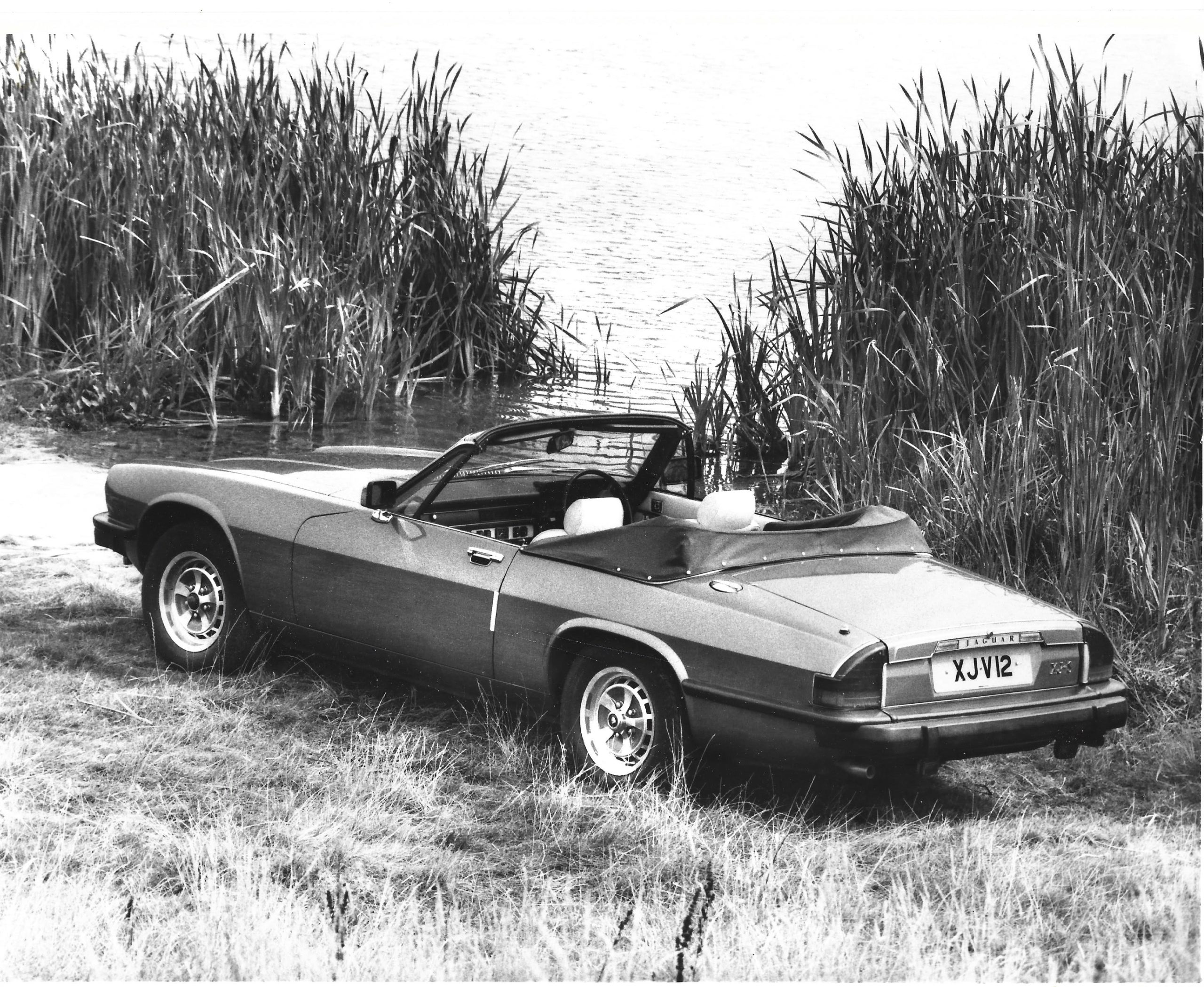


We bought our BMW i3 two years ago and the ONLY problem we have encountered is with public chargers. There are too many different systems, apps and payment methods. Also too many locations are out of service. at anyone time. One day they will all be like Gridserve who operate motorway service area chargers. No app, no subscription, just a tap with a contactless credit card and off you go.
Anyone who has to park on public roads should investigate where local public charging points are located before committing to an electric car as you can’t legally run your own cable across the pavement. Both Tesco and Sainsburys have free to use chargers in some of their car parks, so for many people combining shopping and battery charging will be at least a partial solution. Despite any minor inconveniences driving an EV is fun and almost guilt free if you buy electricity from a green source.
I have looked around and don’t understand how there will be enough street charging points by 2030 which i believe is the cut off point for petrol cars.
Where i live in Middlesex there is not one charger in my town!!!
Also what happens when you live on the 14th floor of a block of flats with no parking….. how do you charge your car.
I don’t think we have the infrastructure ready yet.
Anyone agree with me.
We have a Peugeot e-208 as the family runaround, lovely drive and top notch interior to rival our Audi diesel family bus. However it was delivered with a charging fault that required a replacement charge controller module to fix – I understand Peugeot have addressed this problem on their range now. Here are some other things electric vehicle (EV) buyers should be aware of:
Range – expect about 70% – 85% of the quoted max range, and you can half that if travelling over 70mph. This also reduces significantly when using any other systems, eg. Heating/air con, heated seats, more passengers, heavy luggage etc, or running in Sport mode.
Charging – the vast majority of the time we charge at home (about every 5 days). Domestic charges max out at about 7kW, so you can forget the quick charge claims of manufacturers unless you are on a 50kW+ public or work point. The e208 takes about 6 hours to give max ~200 miles. Note the last 20% of charge is given slowly at 3kW to protect the battery – this is why fast charge times are sometimes quoted up to 80% full in the ads.
Charge socket position on the car – take a note of where this is placed, the e208 is at the left rear which means we need to reverse into a tricky spot on the drive to plug in! The Nissan Leaf and MGs by comparison have the socket in the middle of the bonnet, which is much more convenient.
Charge point on the house – in addition to the points mentioned in the article, we recommend buying a non-tethered charge module (ie the lead can be fully removed) so you can add a longer lead if required. We bought a 10metre lead online for about £150.
Solar – if you are thinking of charging ‘free’ from solar panels at home, then near in mind this only works during the daylight hours (to state the obvious), hence the car needs to be at home during the day, which ours usually isn’t. Also there is rarely enough Solar generation to provide more than a small charge % so little and offer top-up is the best way for that.
Battery – the manufacturer recommends usage of between 15% and 80% battery charge to best maintain the battery long-term, ie. don’t let it run completely flat, and charge after about 80%. This is not essential but just a guideline, which contradicts the solar option of little & often!
The tip about ensuring the battery charge doesn’t deplete below circa 20% and isn’t regularly charged above 80% is one I have seen and heard much about, yet owners of high-mileage EVs attest that they have charged to 100% on a regular basis (I’m not sure whether that was with AC or DC) and haven’t experienced problems with the battery’s performance. As for the solar, I assume in that case the objective is to cover the cost of annual electricity bills, if you don’t have a power wall to take advantage of daytime energy generation?
So in summary then you’ll need to spend some money and take the time to learn about how to use your new EV, same as with *any* type of new vehicle really…. except the investment (both money and time) will pay off every single moment you use it and you’ve now future-proofed both yourself and your mode of transport.
Speaking from experience the numbers all add up and always give you a net saving, so if you’re buying a daily driver which isn’t battery electric you’re literally burning your money away.
“Direct Line has calculated that annual running costs average £1,742, or £33.50 per week for an electric car, which is 21% cheaper than the running costs of an ICE car, which is £2,205 per year, or £42.40 per week
Further, AutoTrader’s secondhand car data shows that a year-old EV only loses 12% of its value, compared to a 24% drop in value for ICE vehicles.”
https://electrek.co/2020/07/22/evs-cheaper-per-year-ice-cars-uk/
We’ve owned our 64 plate I3 for three years and gone through four tyres and had three “plugged” due to punctures. Tyres are not cheap and due to the need for them to be “low-rolling resistance” to get max. range I am told they are thinner. Probably OK for round town living but head into the countryside and it’ll get expensive. Tyres range from £150-£170 each fitted. Stick some tougher tyres on if you can find them and lose a load of range.
That’s sounds highly unlucky, Richard. I’m not even going to say anything in case I tempt fate, as we are in the sticks. The way the i3 can coast with noticeably less drag than other EVs or combustion-powered cars is quite remarkable. As you say, the tyres doubtless play a large part in that. It sounds like you’ve switched cars now – another EV?
Oh and one more thing…get a puncture and the car is a very heavy brick.
Has anyone looked at the environmental wreckage caused by the cobolt mining in Africa. Remember that nowhere in Africa has anything approaching environmental and health and safety protection that we in Europe take for granted. Then the cobolt is exported to the most polluting country in the world that uses coal generated power to make the so called “green” cars.
Has anyone looked at the environmental wreckage caused by petrol or diesel production and usage… but it’s okay, we’ll just keep on doing what we’re doing and be happy in our ignorance. Oh and did you know cobalt is also used in vast quantities for the refinement of crude oil for petrol, diesel, etc.
So – why did you do it? We are told we will not be able to buy a new patrol or diesel car after 2030, but there are going to be an awful lot of used “fossil fuel” (in inverted commas because electricity is not fossil fuel free) cars up until then and beyond. My philosophy at age 75 is that when I have to, I won’t be capable, so in the meantime, I will enjoy my classic and “modern classic” – both MGs and our terribly bad for the environment Renault Kadjarfor as long as I am allowed and watch others spend their money unwisely, helping to aid the Chinese takeover of the world.
One of my neighbours has a large hybrid SUV which they park on a short and steepish drive facing the front wall of the house. Due to the handbrake not being applied fully it rolled nose on down the slope and demolished the externals of the charging point. I don’t know how much damage it did to the car.
Seems like you need to put the charger higher up the wall in that sort of situation.
Modern efficient BEV during the week, and a classic ICE for the sunny weekends. Simples.
This has covered my points in its entirety really. One more though : our local authority has declared it will be installing charging points with gusto. However, they can’t provide proper care for the elderly, the curtains are invisible under mountains of debris and leaves, the pavements are atrocious, there are potholes everywhere, there are patches on patches on patches because they are never repaired properly, roadsides are dirty or obscured by trees etc, the white lines on the road are worn to invisibility and cats eye have never been maintained since installation. Need I add more ?
I was interested in making the shift to EV until I became aware of the exploitation of those mining cobalt in the DRC and other raw materials required. In all honesty I cannot buy an electric vehicle as a conscious choice while other options are available.
can i ask what happens to your EV when the monthly payments finish, given that battery life is not everlasting who takes the hit,
is anyone going to buy a second hand EV, knowing the battery could give up during their ownership
There is never going to be the infrastructure to back up going all electric, cars or anything, over the years the supply cables to and from from substations have not been enlarged and even now with all the extra housing being built on every bit of spare land the limit has just about been met, so couple that with gas boilers, out, petrol out diesal out BLACK OUT. Oh and windmills ? dark winter days, solar ?
An acquaintance of mine is an electronics engineer, he was able to get the technical info on the power supply to the street he lived on. He calculated that if half of the people on the street bought electric vehicles there is not enough amps to charge them and supply the houses, that’s only one of the hundreds of thousands of streets in the UK…..
No one has mentioned battery replacement!! 5 years, 10 years and at what cost? Petrol/diesel cars last 10-20 years and then repair costs are greater than the value. Will the cost of a replacement electric car battery be more than the car is worth in 5 or 10 years??
Most interesting, to summerise all the comments, there is not a Government that has been able to co-ordinate an infrastructure to move forwards with electricity as a major energy source for the future. The belief that we could possible generate sufficient power to replace fossil fuels in the short term is a dream. There does not seem to be ‘ a expert’ who has the answer as yet. But hey ho I am 75 !
Great article, thanks James. Some interesting comments too!
What with the current cost of EV’s and associated expense with installing a charge point, assuming of course, your electricity supply can cope that is? I’d say it’s not yet worth investing in EV as in my humble opinion, the only sensible use at the moment is for a local family run around and then having a second ICE car for long journeys with luggage?
Don’t get me wrong, I like EV’s but I have little faith in the current battery technology and electricity supply / charging infrastructure! This will of course improve in time, especially now there is some focus and a deadline for not being able to buy new ICE cars.
However, as time passes I believe there will also be the option of hydrogen fuelled cars too!
There’s simply no way I can justify the expense at this time, but who knows, in 5 years, maybe?
With almost 40 years in the automotive industry and 15 of which working for one of the largest manufacturers ‘in the world’ (as Jezza would say), what do I know???
Trevor, I agree! I bought the i3 because I am a fan of the car and its engineering, rather than a fan of EVs per se. And as you suggest, we have a large diesel-powered Merc E-Class estate for long runs, kids and cargo…
I believe that the Carbon footprint for building and scrapping an EV is around 5 times that of a Petrol powered car. Have a look at “the dark sideof green” and the “bad side of green” amongst others to see how the production of EV’s is polluting the rest of the world. Bio fuels could well be the better way to go if government allows it to progress.
Electrically powered cars never were and never will be the way forward. They are the beta to vhs. They’ve been around since the 1890s and apart from milk floats just never proved practical. Hydrogen fuel cells are the obvious way to go but producing hydrogen on a large scale is proving difficult but will doubtless be overcome. As usual Scandinavia is ahead and where they lead we usually follow in 20 years time. The Danish are well into it and apparently all the taxis in Copenhagen run on hydrogen. It takes minutes to refuel and of course the infrastructure is already there. Just think of all the devices you now have to charge and how performance time degrades Iover time. This is exactly what will happen to EVs. Who will bother to buy a three year plus EV and run the risk of having to replace the battery. There are already cases of owners scrapping EVs because the replacement battery costs more than the car is worth. One I read about was a Merc. They don’t mention that when you buy them. Some years ago I was trying to decide between two cars at my local Lexus dealership. One was a hybrid and whilst out on a test drive with the salesman I asked him how long the battery would last. He said the life of the car. I said but what if it doesn’t? He said it wouldn’t do that. We went back and forth for some time until I weedled out if him that a replacement battery cost £5000. That was in 2011 so it may be more now. I chose the non hybrid car.
Having just read this, I am about to get in our 1998 Polo to do a 50km round trip. No stress, 50mpg and none of the above nonsense. Oh and if I need to fill up, I just call into a fuel station, no app or planning required and no queues. Wont be changing in my lifetime…
I’ve ordered a Vauxhall Corse e and reading some if the complaints has my anxiety running high but saying that my town has EV charges everywhere and when I drive around they are never full except once in a council car park. I can’t have a home charger due to the path outside my home. So I’ll be using the fast charge at Tesco or other places less than half mile from my house.
I hope I made the right choice. My worry is cost but what I read I’ll save in the long run excuse the pun.
The advert make it charging simple and the wait I’ll meditate and read on my iphone or go shopping.
Still I am very anxious.
The reason why the council chargers are occupied is probably price of electricity. It seems like a madness that (now most/all free public chargers have gone) the price per unit can vary wildly/widely! I can pay 14p/unit or £1/unit and its not like you get a special brand of higher quality electricity at £1/unit. I can’t imaging petrol stations selling a litre of petrol for between £1.40 and £10, but this seems to be accepted for EVs. There is no financial incentive at £1/unit over an efficient diesel.
This article provides valuable insights into the realities of owning an electric car. The discussion on charging infrastructure challenges and home charging costs is eye-opening. It’s essential to consider these factors when making the switch to electric vehicles. A well-written and informative piece. economyev.co.uk is a good source for EV information.